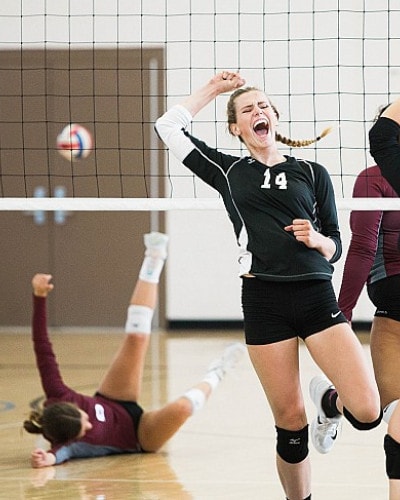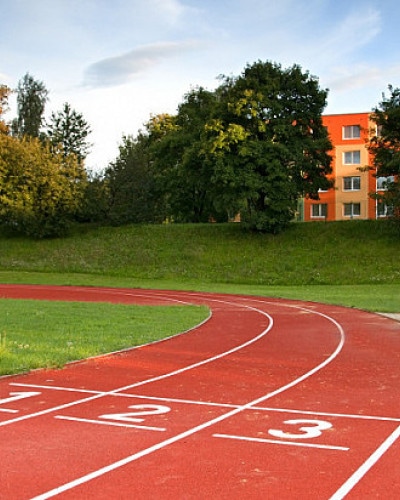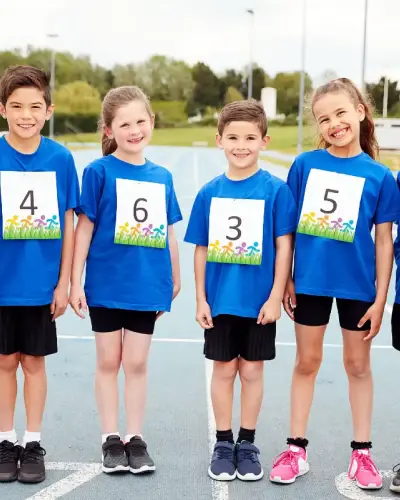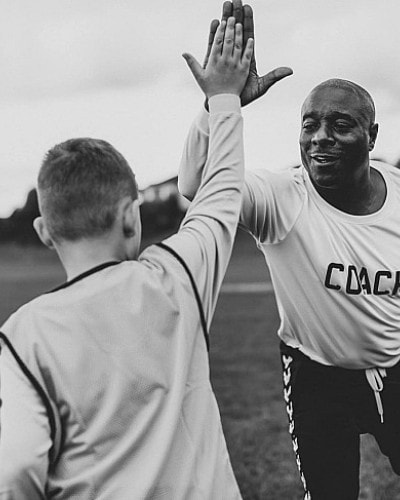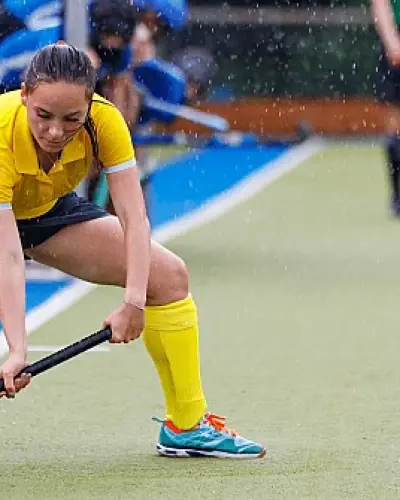The Ideal Coaching Team in Competitive Amateur Football
How does an effective coaching team operate? This is a question that many parents, club officials, and even players often ask. Looking at professional football, there are numerous examples of highly specialized setups.
For instance, Manchester City has a coaching staff of 16, including analysts focusing solely on set pieces and fitness coaches available 24/7. These experts work under the guidance of the head coach (Pep Guardiola), who ultimately makes the final decisions based on their input.
However, not all professional teams follow this approach. Some Bundesliga clubs have only one analyst, while some head coaches prefer to micromanage everything themselves.
In competitive amateur football, where resources are limited, how can a head coach assemble the best coaching team? What coaching roles are necessary, and what responsibilities do they cover?
Key Coaching Roles in an Amateur Team
1. Head Coach
The central figure in the coaching team, the head coach is both a specialist and an all-rounder. Their main responsibilities include:
✔ Tactical expertise – setting the playing style and formation.
✔ Training methodology – planning and structuring sessions.
✔ Leadership – managing players and making crucial decisions.
Additionally, the head coach needs a basic understanding of athletic training, goalkeeping, and match analysis to oversee all areas effectively.
2. Assistant Coach
The right-hand person of the head coach. Ideally, the assistant coach complements the head coach in terms of:
✔ Personality – balancing strengths and weaknesses.
✔ Tactical input – offering different perspectives.
✔ Implementation – reinforcing the head coach’s philosophy.
A strong assistant coach challenges the head coach’s decisions when necessary and should be capable of leading training sessions independently.
3. Second Assistant Coach (Optional but valuable)
While not always available at amateur clubs, this role can be creatively filled by:
- A reserve team coach assisting after their own training.
- A youth coach integrating age-specific training.
- A specialized coach (e.g., set-piece training).
More coaches = more observations, enabling the head coach to focus on key details.
4. Fitness Coach (Often undervalued but crucial!)
A team's performance depends on endurance and injury prevention. The fitness coach:
✔ Monitors player workloads to prevent overtraining.
✔ Plans long-term conditioning beyond short-term match preparation.
✔ Communicates with medical staff to track fitness levels.
Even the best tactical setup fails if players are exhausted after 60 minutes or if injuries weaken the squad.
5. Goalkeeping Coach
One of the most specialized roles, requiring technical expertise that many head coaches lack. The goalkeeping coach:
✔ Focuses on goalkeeper-specific training.
✔ Advises on defensive strategies for set pieces.
✔ Develops young goalkeepers within the club.
Goalkeepers need personalized training, making this role indispensable for serious teams.
6. Match Analyst (Increasingly common in amateur football)
With affordable technology, amateur teams can now record and analyze games. While a dedicated analyst may be unrealistic, this role is often covered by the head or assistant coach.
Key responsibilities include:
✔ Reviewing match footage to identify strengths and weaknesses.
✔ Analyzing opponents and preparing tactical insights.
✔ Providing data to improve decision-making.
Ongoing education in match analysis is recommended for all coaches.
Making the Most of Limited Resources
Not every amateur club can afford a full coaching staff. However, with creativity and delegation, many roles can still be filled:
- Former players can help with fitness or youth development.
- Parents can assist with organizational tasks.
- Injured players can contribute to analysis or coaching drills.
A head coach is no longer a lone leader—even in amateur football, the concept of a coaching team is becoming more essential.
Conclusion
For effective training and team performance, collaboration and specialization are key. While amateur clubs may lack financial resources, intelligent delegation can still ensure high-quality coaching.
In smaller setups, the head and assistant coaches carry the biggest responsibility, ensuring that areas like goalkeeping, fitness, and match analysis are covered effectively.
By building a well-structured coaching team, even amateur clubs can maximize their potential and long-term success.

